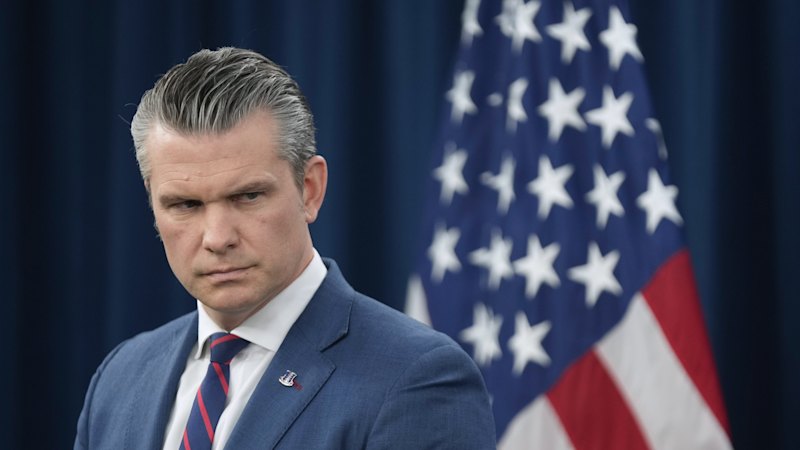
Australian Prime Minister Anthony Albanese and President of the Republic of Indonesia, Prabowo Subianto after announcing a security agreement aboard HMAS Canberra at Fleet Base East, in Sydney, Wednesday, November 12, 2025. (AAP Image/Dan Himbrechts) NO ARCHIVING
UPDATE: Australia has just signed a controversial security treaty with Indonesia amid rising unrest and protests in the region. As tensions escalate over President Prabowo Subianto’s undemocratic policies and economic struggles, many are questioning the implications of this new pact.
Protests have surged across Indonesia this year, fueled by public outrage over budget cuts, a failed school meals program, and proposed laws that expand military involvement in politics. Demonstrators have voiced their frustrations against Prabowo’s administration, which has faced accusations of corruption and mismanagement. This background sets the stage for a troubling context as Australia strengthens ties with a government under fire.
In a symbolic yet tightly controlled event, Prime Minister Anthony Albanese and Prabowo showcased the Australian Navy’s flagship, the HMAS Canberra, while signing the treaty. This moment was aimed at reinforcing bilateral security but was marred by questions surrounding the legitimacy and impact of the agreement. Critics argue that the treaty lacks substance and ignores the ongoing turmoil in Indonesia, where public discontent is palpable.
Australia’s latest treaty has sparked debate over its significance. While officials describe it as a means for “leader and ministerial consultations” on security matters, many view this as little more than a diplomatic gesture. Observers note that the details remain vague and lack concrete commitments. As the Lowy Institute reports, public sentiment in Australia towards Indonesia has been lukewarm, fostering an atmosphere of distrust that this treaty fails to address.
Prabowo’s administration has also faced backlash for glorifying former dictator Soeharto, raising alarms about the nation’s human rights record. The juxtaposition of this treaty against the backdrop of Indonesia’s political strife raises urgent questions: What does this mean for the future of both nations? Analysts warn that this treaty may not serve the interests of either country if unrest continues and public grievances remain unaddressed.
The October 2023 treaty is being compared to a historical agreement signed in 1995, which collapsed amidst Indonesia’s invasion of East Timor. Experts are concerned that history could repeat itself if Australia does not advocate for human rights in Indonesia, particularly in regions like West Papua, which remain largely inaccessible to journalists and independent observers.
Looking forward, the implications of this treaty could affect regional stability in the Indo-Pacific. As both nations navigate their complex relationships with global powers, the lack of transparency and the current political climate in Indonesia indicate that this treaty may be built on shaky ground. The public outcry and dissatisfaction among Indonesians could challenge the effectiveness of this agreement in the months to come.
As these developments unfold, citizens in both countries are urged to reflect on the impact of diplomatic ties amid ongoing unrest. With significant public discontent in Indonesia and questions surrounding the treaty’s efficacy, the situation warrants close attention in the coming days. Will this treaty foster genuine cooperation, or will it exacerbate existing tensions? Only time will tell.






